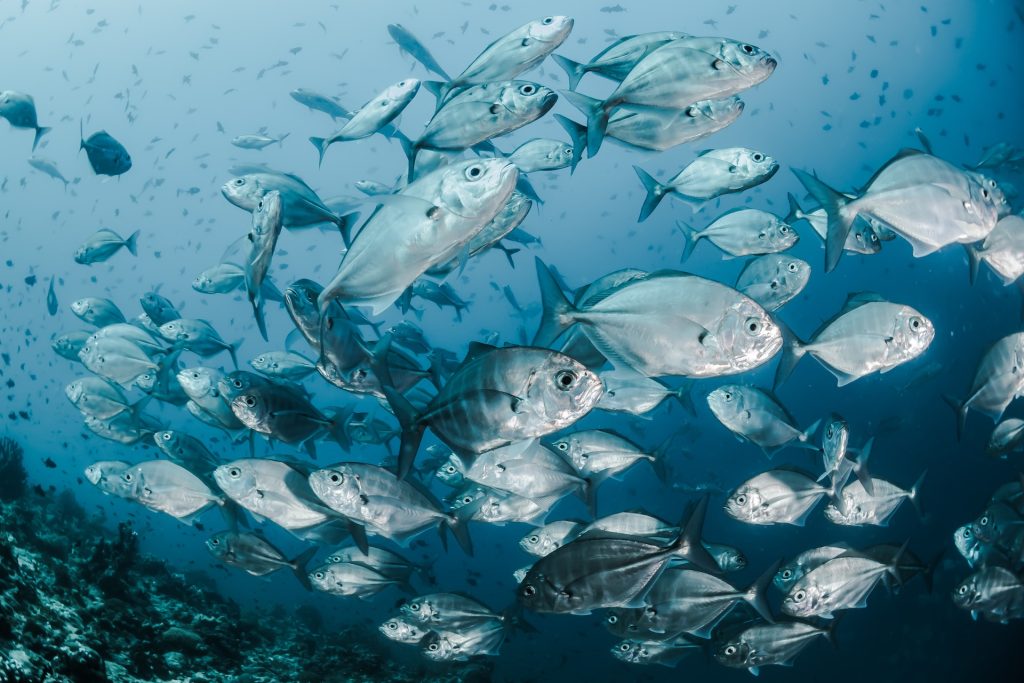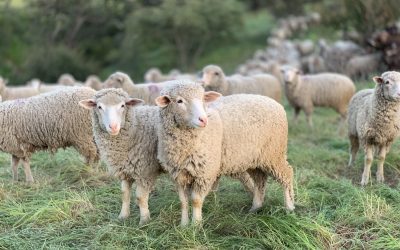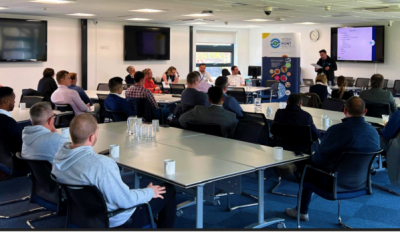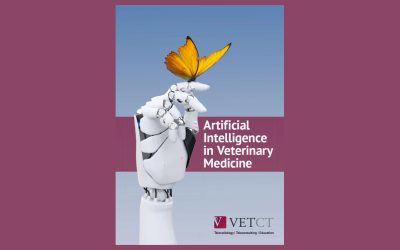Understanding Fish Welfare and the Environmental Impact of Aquaculture: BVA Calls for Action
The British Veterinary Association (BVA) has called for a better understanding of fish welfare and the impact of aquaculture on the environment. The organization has urged governments and the aquaculture industry to take action in light of concerns about the sustainability of current practices.
In recent years, there has been a growing demand for fish and seafood as a source of protein, resulting in an increase in aquaculture. While aquaculture can be a sustainable way of producing fish, it can also have a negative impact on the environment if not managed properly. For example, fish farms can lead to the release of pollutants such as nutrients, antibiotics, and chemicals into the surrounding waterways.
The BVA has called for the development of evidence-based welfare standards for farmed fish, which take into account their physical, behavioral, and physiological needs. These standards should be regularly reviewed and updated to ensure they are in line with the latest scientific knowledge. The BVA has also emphasized the importance of promoting good environmental practices in aquaculture. This includes reducing the use of antibiotics and chemicals, and minimizing the impact of fish farms on the surrounding ecosystem.
BVA senior vice president Justine Shotton said:
“Aquaculture represents a significant proportion of the UK’s food production but more understanding and research is needed into fish health and welfare and the wider environmental impacts of this industry. There is scope for the veterinary profession to play a more significant part in sustainable finfish aquaculture and we hope to encourage students and vets already in practice to consider exploring related roles during their careers. We hope this position provides some clarity on what could be done to futureproof and enhance the sector.”
The BVA has called for greater transparency and traceability in the aquaculture industry. This will enable consumers to make informed decisions about the fish and seafood they purchase, and ensure that the industry is held accountable for its environmental and animal welfare practices.
This call for action on fish welfare and the environmental impact of aquaculture is timely and important. By promoting sustainable and responsible practices in the industry, we can ensure that fish are treated with the respect and care they deserve, while protecting the environment for future generations. It is up to all of us, including governments, industry, and consumers, to make a difference and create a better future for fish and the planet.
Read the full BVA policy position on sustainable finfish aquaculture online.



